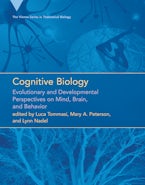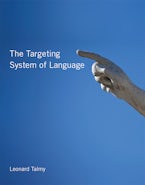The Gricean account of language is at the center of much current work in the philosophy of language and the philosophy of mind. Anita Avramides maintains that Grice's paradigm can be used to defend very different conceptions of mind and of meaning. In this clearly argued book she describes Grice's analysis of meaning and proposes two interpretations of it, one reductive and one nonreductive. Much current work in cognitive science assumes that the content of words and thoughts can be explained in naturalistic terms. A leading idea (advanced mainly by Stephen Schiffer and Brian Loar) is that the naturalistic account of content will proceed in two stages: a reduction of the semantic features of word; to the contents of propositional attitudes and then a reduction of the latter to physical or functional notions.
The appeal of Grice's work on meaning to this two stage reductionist strategy is that Gricean definitions seem to provide the only way of reducing the semantic to the psychological, a reduction that is required for a naturalistic account of intentionality. While Avramides defends the method of analysis as one suited to the concept of meaning, she rejects a reductive interpretation of the analysis. She argues that any attempt to reduce the semantic to the psychological leads to a mistaken conception of mind. She exposes the assumptions behind the reductive interpretation and offers fresh and original arguments for the antireductionist position. Against the reductive Gricean she defends the idea that there is a deep epistemological symmetry between semantic and propositional attitude notions, a result of which is that semantically characterized linguistic behavior is central to our concept of belief.
Bradford Books imprint












